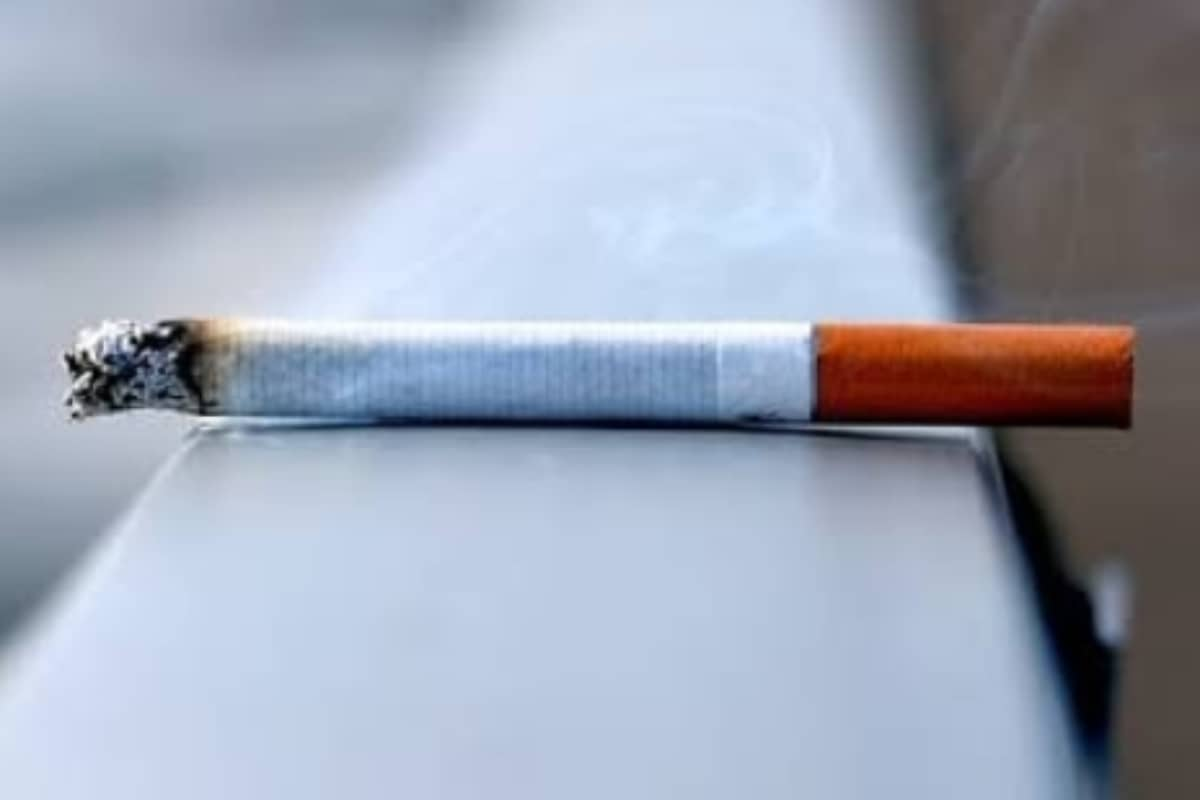The United States Centers for Disease Control (CDC) earlier this month listed smoking among the conditions that put individuals at high risk of contracting “serious illnesses associated with COVID-19”, making people in this category eligible for vaccine in the early stages of inoculation. As a result, essential workers, especially teachers, are frustrated.
According to a CNN report, teachers in the state of New Jersey expressed disappointment that smokers take precedence over essential workers like themselves.
“We said from the beginning that educators should have priority access to the vaccine. It is an important step towards a safer return to classroom learning. We have been in constant communication with state authorities about educators’ access to vaccination. reiterated to them the need to do whatever is necessary to streamline this access, even in light of the revised federal guidelines of the Trump administration and a slow federal launch of the real vaccine, “said communications director for the New Jersey Educators Association, Steve Baker, quoted by CNN.
New Jersey and Mississippi have implemented vaccines for smokers under the age of 65. Several other U.S. states, however, have listed smokers in the next phase, according to an analysis by the Kaiser Family Foundation.
New Jersey Democratic Governor Phil Murphy elected 16-year-olds and elders with health problems to the vaccine on Thursday. Murphy and New Jersey health commissioner Judy Persichilli said the state’s vaccination scheme is about vaccinating as many people as possible as quickly as possible, starting with those who are most susceptible to serious illnesses caused by the virus.
“We can’t be overly bureaucratic about it … Don’t divide people into Work A versus Work B,” said the governor.
The CDC advised smokers to be vaccinated in phase 1c of the unit. However, the decision to open eligibility for the various constituents was left to the states.
New Jersey, like other states, is using CDC guidelines to determine who is in which category. For example, the cohort over 65 and those with medical conditions are grouped. What varies by state is when each group receives the vaccine. New Jersey started with healthcare professionals, nursing home staff and residents, then moved on to the first respondents, such as police and firefighters.
Next came the elderly and those with health problems, but other states followed different directions. For example, teachers are eligible in many states as part of what the CDC calls population 1b, including neighboring New York and Pennsylvania, according to the Kaiser Family Foundation, but not yet in New Jersey.
State officials, however, maintained that the decision was made with a “medical fact and not a political desire” in mind. “We need to save lives. And we need to protect our hospitals, by the way, from a sudden increase in patients,” said Murphy. Smoking is considered a health risk, said a spokesman for the state health department, referring to the governor’s thinking.
Mississippi Governor Tate Reeves also announced that vaccines would now be made available to people suffering from existing health problems, as well as to smokers. However, teachers, police and state firefighters were promised a vaccination in the next round, he said.
New Jersey is home to about 2 million smokers, who make up the largest population qualified for the vaccine, state health commissioner Judy Persichilli told a news conference. Whether smoking is a public health issue or a personal choice is a debate that was sparked by the New Jersey move. The state health department pointed out that nicotine in tobacco products is addictive and that people who smoke should quit.
Although the addition of smokers to the list of people eligible to be vaccinated has drawn attention, a major problem is at stake: the lack of vaccine supply.
For example, New Jersey is currently receiving approximately 100,000 doses per week. But about 470,000 a week would be needed to meet the demand forecast, Persichilli said.
That would be enough to vaccinate 70% of the adult population, or 4.7 million people, in about six months, which is the state’s goal.
Governor Phil Murphy put it this way: supply is not meeting demand.
(With information from Reuters)
